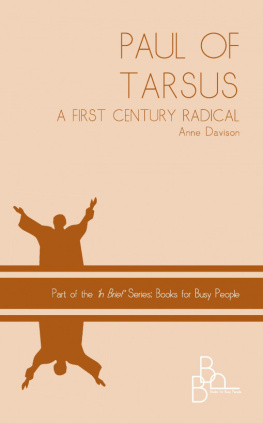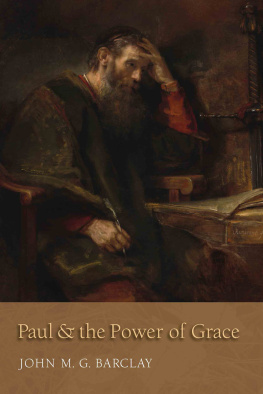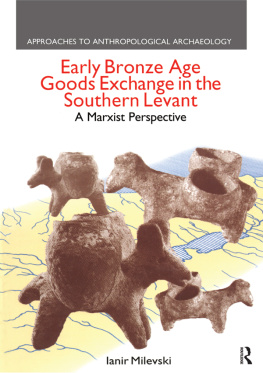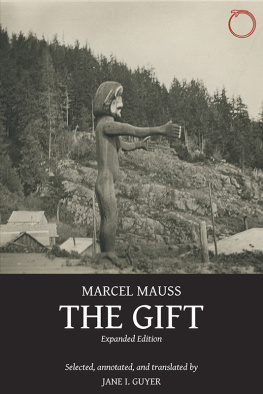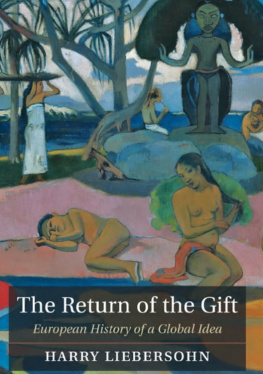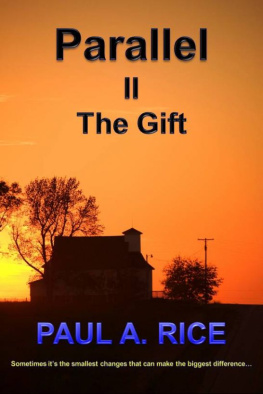A Spiritual Economy
SYNKRISIS
Comparative Approaches to Early Christianity in Greco-Roman Culture
SERIES EDITORS
Dale B. Martin (Yale University) and L. L. Welborn (Fordham University)
Synkrisis is a project that invites scholars of early Christianity and the Greco-Roman world to collaborate toward the goal of rigorous comparison. Each volume in the series provides immersion in an aspect of Greco-Roman culture, so as to make possible a comparison of the controlling logics that emerge from the discourses of Greco-Roman and early Christian writers. In contrast to older history of religions approaches, which looked for similarities between religions in order to posit relations of influence and dependency, Synkrisis embraces a fuller conception of the complexities of culture, viewing Greco-Roman religions and early Christianity as members of a comparative class. The differential comparisons promoted by Synkrisis may serve to refine and correct the theoretical and historical models employed by scholars who seek to understand and interpret the Greco-Roman world. With its allusion to the rhetorical exercises of the Greco-Roman world, the series title recognizes that the comparative enterprise is a construction of the scholars mind and serves the scholars theoretical interests.
EDITORIAL BOARD
Loveday Alexander (Sheffield University)
John Bodell (Brown University)
Kimberly Bowes (University of Pennsylvania)
Daniel Boyarin (University of California, Berkeley)
Fritz Graf (Ohio State University)
Ronald F. Hock (University of Southern California)
Hans-Josef Klauck (University of Chicago)
Stanley K. Stowers (Brown University)
Angela Standhartinger (Marburg University)
A Spiritual Economy
Gift Exchange in the Letters of Paul of Tarsus
Thomas R. Blanton, IV

Published with assistance from the foundation established in memory of Philip Hamilton McMillan of the Class of 1894, Yale College.
Copyright 2017 by Yale University.
All rights reserved.
This book may not be reproduced, in whole or in part, including illustrations, in any form (beyond that copying permitted by Sections 107 and 108 of the U.S. Copyright Law and except by reviewers for the public press), without written permission from the publishers.
Yale University Press books may be purchased in quantity for educational, business, or promotional use. For information, please e-mail sales.press@yale.edu (U.S. office) or sales@yaleup.co.uk (U.K. office).
Set in Bulmer type by Westchester Publishing Services.
Printed in the United States of America.
Library of Congress Control Number: 2016936128
ISBN 978-0-300-22040-7 (hardcover : alk. paper)
A catalogue record for this book is available from the British Library.
This paper meets the requirements of ANSI/NISO Z39.48-1992 (Permanence of Paper).
10 9 8 7 6 5 4 3 2 1
Contents
ONE
Introduction
TWO
Symbolic Goods as Media of Exchange in Pauls Gift Economy
THREE
The Benefactors Account Book: The Rhetoric of Gift Reciprocation According to Seneca and Paul
FOUR
Gift or Commodity? On the Classification of Pauls Unremunerated Labor
FIVE
Classification and Social Relations: The Dark Side of the Gift
SIX
The Gift of Status
SEVEN
Spiritual Gifts and Status Inversion
EIGHT
Summary and Conclusions
Acknowledgments
During the course of my work on A Spiritual Economy, I have incurred gift-debts too numerous to count, which I do not pretend to be able to discharge. I offer this book in the hope that it may, however inadequately, serve to pay forward some of the gifts that I have received during the course of my research and writing.
It was my reading of Troels Engberg-Pedersens Harvard Theological Review article on reciprocity in Paul and Seneca in 2010 that piqued my interest in gift exchange; it was then that I began to read the material that forms the basis of many of the arguments I put forth in this book: Marcel Mausss The Gift and Senecas On Benefits. Initial forays into the logic of Pauls system of divine-human exchanges based on the charis of reciprocal exchange resulted in the essay that appears herein as , which I first presented at the Early Christianity and the Ancient Economy program unit at the International Society of Biblical Literature (SBL) Meeting in Tartu, Estonia, in August 2010. I am grateful to Alanna Nobbs and Don Barker for inviting me to present a version of the paper at the Corinth: Paul, People, and Politics conference hosted by the Society for the Study of Early Christianity at Macquarie University in May 2011.
Gratitude is due to those who have read or commented on various chapters of the book. Larry Welborn has been a constant support since the inception of the project and has read and provided helpful feedback on virtually every chapter. It was he who, as an editor of the Synkrisis series, invited me to submit a book proposal. John Fitzgerald and David Hollander have read portions of the manuscript and offered feedback during sessions of the Early Christianity and the Ancient Economy SBL program unit, domestically in San Francisco, Chicago, and Baltimore and internationally in Vienna and St. Andrews. Gratitude is also due to participants who offered valuable comments during those sessions. I thank John Barclay for offering valuable feedback on Reciprocation in Seneca and Paul, in New Testament Studies 59.3 (July 2013): 396414, copyright Cambridge University Press 2013 and reprinted with permission by Cambridge University Press.
I recall fondly the students in my Gift Exchange in Religion and Society class at Luther College during spring semester 2013; it was there that the insights now contained in chapters 4 and 5 began to take shape. Students in my Life and Letters of Paul courses at the Lutheran School of Theology at Chicago (LSTC) in 2014 and 2015 provided a source of renewed stimulation and spurred me to refine and nuance my understanding of Pauls complex relationship with gifting discourses and practices. I thank Ray Pickett and my academic dean, Esther Menn, for their continued support and collegial friendship at LSTC.
No academic book can be written without the support of research libraries; I thank Kathy Buzza, the Interlibrary Loan Coordinator at Preus Library, for her assiduity in fulfilling numerous requests for materials from 2010 to 2013. Barry Hopkins, Associate Librarian for Public Services, and Elaine Bonner, Access Services Manager, at the JKM Library in Hyde Park (Chicago) have facilitated my research since I was a graduate student at the University of Chicago Divinity School; it is a pleasure to be able to work with them both at LSTC. I also express my appreciation to Bill Beermann, Catalog Librarian at JKM, for speedily fulfilling a last-minute request.
I thank Jennifer Banks and Heather Gold of Yale University Press for their support and advice and the Synkrisis series editors, Larry Welborn and Dale Martin, for backing A Spiritual Economy throughout the various stages of its review. Jessie Dolch reviewed the entire manuscript with keen editorial eyes.
Finally, I thank my wife, May May Latt, whose support enabled me to complete the manuscript of this book during the spring of 2015, and my sister-in-law, Kyi Kyi Latt, and Cho Cho Win for graciously making available their house in Wisconsin.
For all of these unrepayable debts, I issue my wholly inadequate but nonetheless heartfelt thank you.
A Spiritual Economy
Next page

